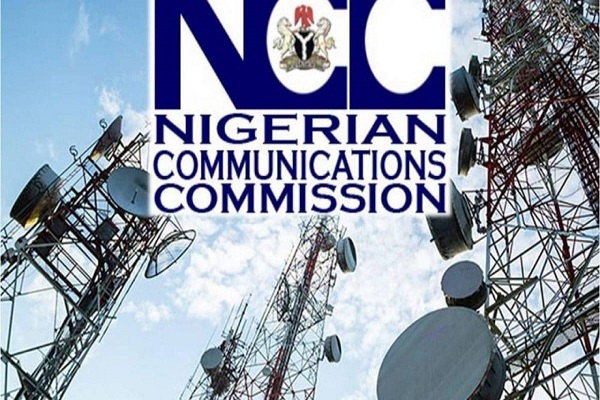

NCC limits tariff plans to seven to improve transparency
The Nigerian Communications Commission has issued a directive mandating all telecommunications operators in the country to limit the number of available tariff plans to a maximum of seven.
The NCC has approved new tariff guidelines for operators designed to enhance transparency, improve consumer understanding, and foster fair competition among the licensees of the Commission.
It has also reduced the number of bundles offered per operator to 100, stressing that no subscriber can be on more than one tariff plan at a time.
According to the NCC, a tariff plan is a structured pricing scheme outlining the charges and conditions under which telecommunications services are provided to subscribers.
The NCC disclosed this in a document posted on its website and signed by the Executive Vice-Chairman of the commission, Aminu Maida, on Saturday.
The document read in part, “The number of tariff plans offered per operator is limited to seven, and the number of bundles offered per operator is limited to 100.
“There are no limitations to the number of add-ons a subscriber can opt into. However, each operator must have in place a mechanism that informs subscribers of the number of add-ons they have at the point of purchasing another add-on. Subscribers must be able to check (via USSD string, SMS) the number of add-ons purchased.”
Checks by our correspondent showed that the two major telecommunications companies currently offer more tariff plans than the stipulated number in the directive.
MTN has eight tariff plans, Etisalat has seven, Airtel has 10 plans, and Glo offers its customers four tariff plans.
In the document, titled ‘Guidance for the Simplification of
Tariffs’, the NCC stated that full disclosure of all tariff components and conditions is mandatory, asking telcos to ensure that all marketing and promotional materials are clear and comprehensible.
The NCC added that operators should prioritise consumer education and transparency in all communications to ensure subscribers can make informed choices.
It said, “Develop and submit detailed migration plans to transition subscribers smoothly to new tariff plans, without loss of service quality or benefits.”
“All promotional elements must receive prior approval from the Commission and should be offered as standalone products with clear terms and validity periods.
“Submit comprehensive periodical reports detailing all active tariff plans, bundles, promotions, and Quality of Service (QoS) metrics.
“The guidance shall take effect on 29 July and will remain valid and binding on licensees until further reviewed by the commission.”
According to the commission, all promotional elements are to be removed from tariff plans and offered as standalone promotions, “subject to its prior approval, time limits, QoS/capacity requirements, and adherence to full disclosure requirements”.
The NCC said operators can maintain existing bonus-led tariff plans until 3 December, within which period they are expected to educate and migrate all subscribers to the simplified tariff plans.
It said, “Operators can choose to maintain only one bonus-led new subscriber acquisition plan. However, a new subscriber can only be retained on such a plan for a limited period of six months before being migrated to a standard tariff plan of their choice.
“Where a subscriber fails to migrate after being prompted in accordance with the applicable business rules, the subscriber will be reverted to the default tariff plan.
“Tariff elements of promotional activities/new acquisition plans referred to above will only be allowed under the following conditions: bonuses must comply with the commission’s price floor and price cap.
“In addition, actual depletion rates on bonuses must not exceed the price or fall below the price floor for voice services. The bonus allowances (voice/data/SMS) must be stated in naira terms and minutes/seconds for voice, GB/MB
of data and number of SMS.




